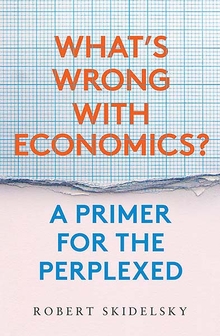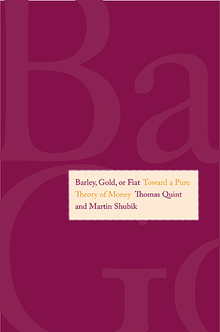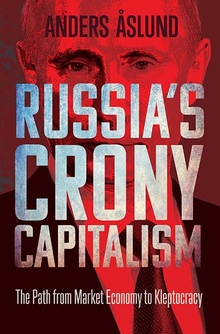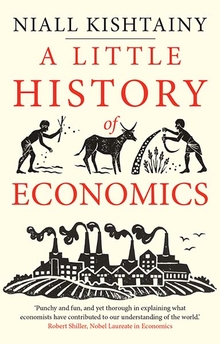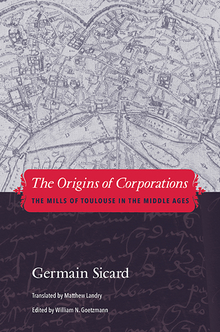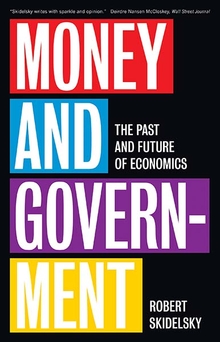What’s Wrong with Economics?
WARNING
You are viewing an older version of the Yalebooks website. Please visit out new website with more updated information and a better user experience: https://www.yalebooks.com
A Primer for the Perplexed
Robert Skidelsky
A passionate and informed critique of mainstream economics from one of the leading economic thinkers of our time
This insightful book looks at how mainstream economics’ quest for scientific certainty has led to a narrowing of vision and a convergence on an orthodoxy that is unhealthy for the field, not to mention the societies which base policy decisions on the advice of flawed economic models. Noted economic thinker Robert Skidelsky explains the circumstances that have brought about this constriction and proposes an approach to economics which includes philosophy, history, sociology, and politics.
Skidelsky’s clearly written and compelling critique takes aim at the way that economics is taught in today’s universities, where a focus on modelling leaves students ill-equipped to grapple with what is important and true about human life. He argues for a return to the ideal set out by John Maynard Keynes that the economist must be a “mathematician, historian, statesman, [and] philosopher” in equal measure.
This insightful book looks at how mainstream economics’ quest for scientific certainty has led to a narrowing of vision and a convergence on an orthodoxy that is unhealthy for the field, not to mention the societies which base policy decisions on the advice of flawed economic models. Noted economic thinker Robert Skidelsky explains the circumstances that have brought about this constriction and proposes an approach to economics which includes philosophy, history, sociology, and politics.
Skidelsky’s clearly written and compelling critique takes aim at the way that economics is taught in today’s universities, where a focus on modelling leaves students ill-equipped to grapple with what is important and true about human life. He argues for a return to the ideal set out by John Maynard Keynes that the economist must be a “mathematician, historian, statesman, [and] philosopher” in equal measure.
Robert Skidelsky is emeritus professor of political economy at the University of Warwick. He is the author of many books, including Money and Government: The Past and Future of Economics.
“[A]n important and fundamentally correct critique of the core methodology of economics: individualistic; analytical; ahistorical; asocial; and apolitical”—Martin Wolf, Financial Times
“This impassioned critique aims to show how economic laws have limited scope compared with the laws in natural science. To be effective, Skidelsky argues, economics must include institutions and their power, and move towards social sciences such as politics and sociology.”—Andrew Robinson, Nature
“Trenchant and highly readable . . . should be required reading for anyone new to the field, students and general readers alike.”—Simon Torracinta, Boston Review
“Robert Skidelsky has written the book that anyone who wants to learn economics—and anyone who thinks that they know economics—should read.”—Meghnad Desai, author of Hubris: Why Economists Failed to Predict the Crisis and How to Avoid the Next One
“This is a cogent and highly readable exposure of economics as a discourse, often free from the constraints of history and politics, and therefore free to inhabit an imaginary world underpinned by the seductive verities of logic and mathematics. It also helps to explain why 2008 took the whole world by surprise.”—Gareth Stedman Jones, author of An End to Poverty?
“Skidelsky gives a wonderfully readable, compelling and compassionate account of where economics goes wrong. This is an urgent message for all sides to hear.”—Nancy Cartwright, Professor of Philosophy, Durham University
ISBN: 9780300249873
Publication Date: April 28, 2020
Publication Date: April 28, 2020
248 pages, 5 1/2 x 8 1/4
8 b/w illus.
8 b/w illus.

